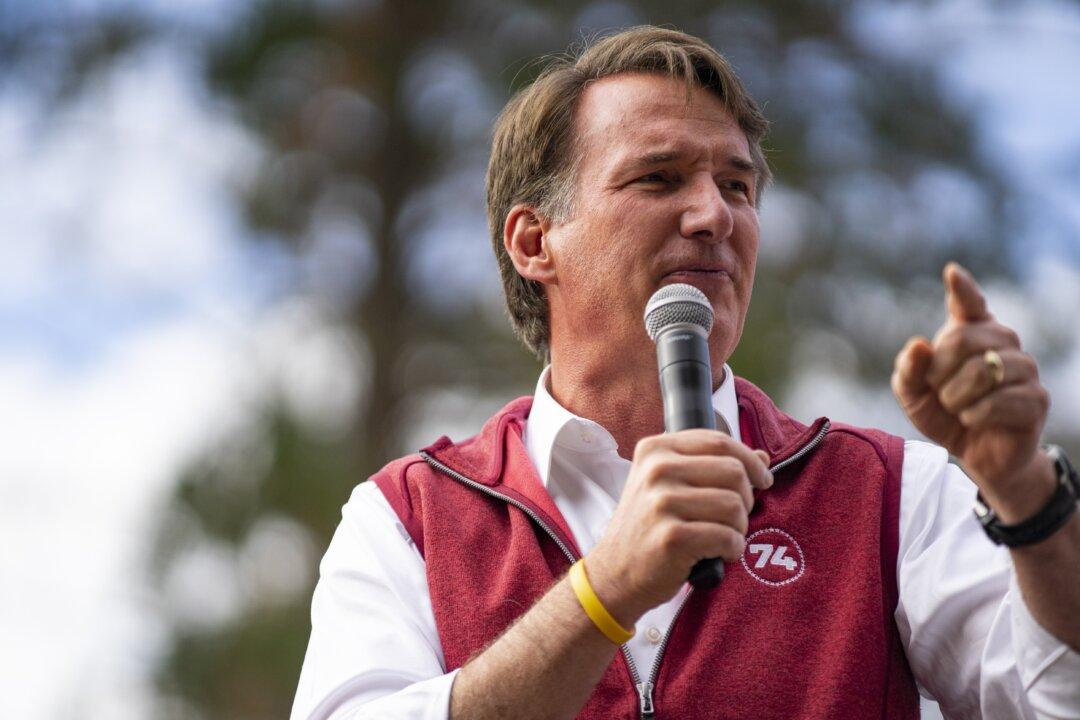Virginia Gov. Glenn Youngkin and his delegation arrived in Taiwan on April 24 for the first stop of their Asian tour and met with Taiwanese President Tsai Ing-wen to discuss economic and trade cooperation.
During their meeting, Tsai expressed her appreciation to Youngkin for the delegation’s visit and said she looks forward to expanding bilateral cooperation with the U.S. state of Virginia, her office stated.





